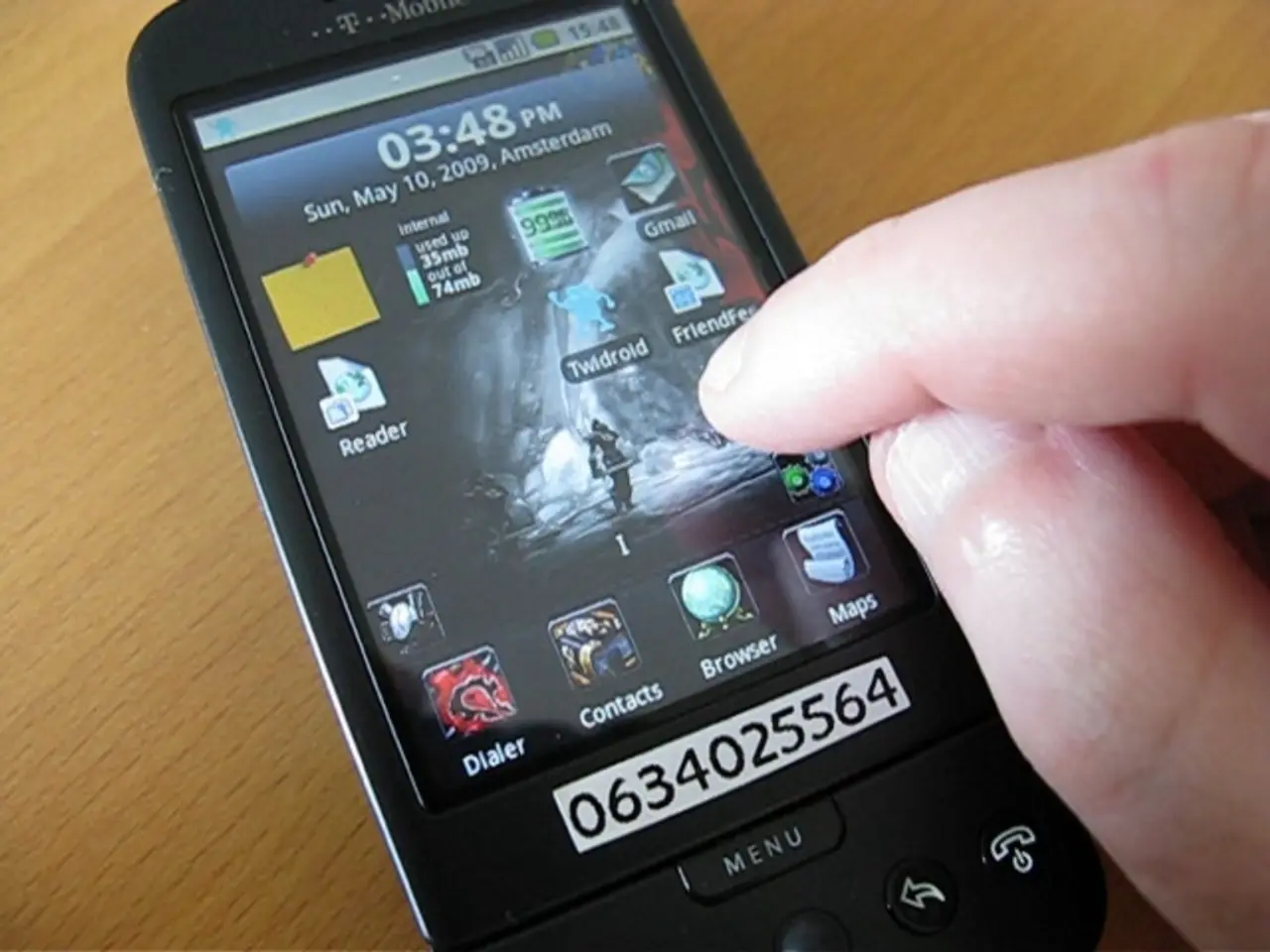"Unwanted Advances on Bumble: Man in Bengaluru Locates Woman's Home Address via Payment App, Sends Unasked-for Present"
In a surprising turn of events, a Bengaluru woman has received an unexpected gift from a Bumble date who allegedly works for an Indian online payment app called PhonePe. However, the situation took a concerning turn when the man used the woman's phone number to access her transactional details, and subsequently, he used the longitude and latitude of her Swiggy delivery transactions to pinpoint her address on Google Maps.
The woman, who wishes to remain anonymous, is now seeking advice on what to do about the situation. Some netizens consider the incident a major security risk for all users, while others suggest reporting the incident as a security threat to the authorities or contacting the police.
One user believes the company would take serious action against the man if the woman complains with evidence. Another user advises the woman to file a police complaint, and a third user suggests reporting the incident to PhonePe and involving the company's HR department.
In India, UPI-based payment apps operate under strict guidelines mandated by the National Payments Corporation of India (NPCI) and the Digital Personal Data Protection Act, 2023. These rules require explicit user consent before accessing sensitive data, audit trails, and limits on storing or transmitting personal data outside authorized boundaries. The infrastructure and APIs used by these apps are monitored for compliance and auditability.
Data privacy laws and regulations in India impose obligations on payment apps to protect user data and appoint data protection officers to oversee compliance. These laws give users rights over their personal transactional and location data and require apps to employ strong security measures such as encryption and secure authentication (e.g., UPI PINs). Employees typically do not have free or unrestricted access to sensitive user data due to role-based access controls, encryption, secure backend architecture, regular security audits, and regulatory oversight.
However, like in any system, insider threats remain a risk if employees misuse their access privileges. But payment companies generally enforce strict protocols, and any such actions would constitute serious criminal offenses subject to investigation and penalties.
The woman, who is unsure whether the man is telling the truth about his actions, is expressing concern and anxiety about the situation. She is also concerned that any PhonePe employee with bad intentions could potentially retrieve anyone's address using their phone number. Some netizens are expressing outrage about the incident, and the woman has stopped communicating with the man after the incident.
In summary, while employees might technically have controlled access to transactional and sometimes location information to perform their job functions, privacy breaches are restricted and governed by law, stringent compliance measures, and technological safeguards aimed at preventing unauthorized access or misuse. Users are encouraged to follow security best practices such as not sharing their UPI PIN and verifying app permissions to reduce risk further. The woman is now taking steps to ensure her privacy and security by reporting the incident to the appropriate authorities and taking advice from experts.
- The woman, after experiencing a privacy breach involving her transactional details and address being accessed through her Swiggy delivery transactions, is seeking guidance on how to proceed, with some suggesting she should report the incident as a security threat to the authorities or contact the police.
- In this incident, personal-finance app employees are governed by strict regulations requiring explicit user consent before accessing sensitive data, but insider threats still present a risk, especially when employees misuse their access privileges, constituting criminal offenses with potential penalties.





